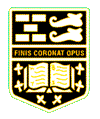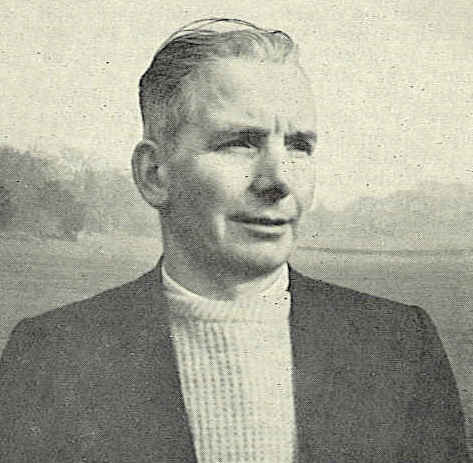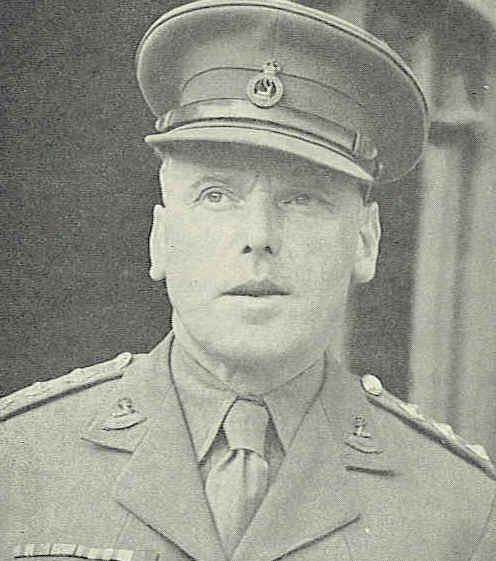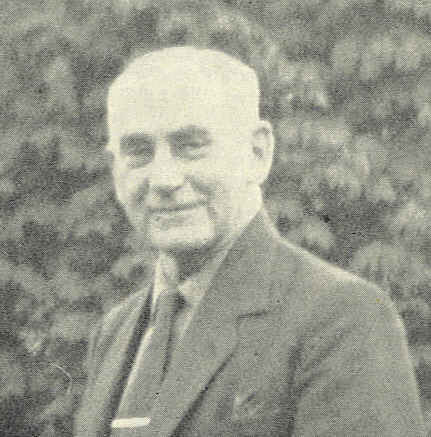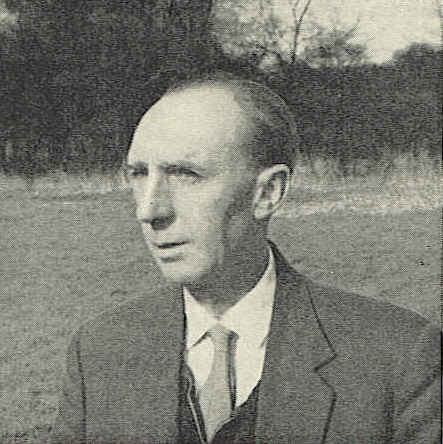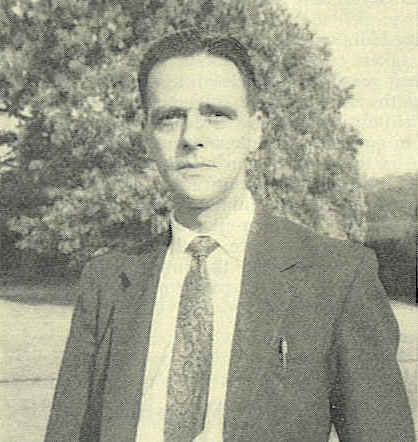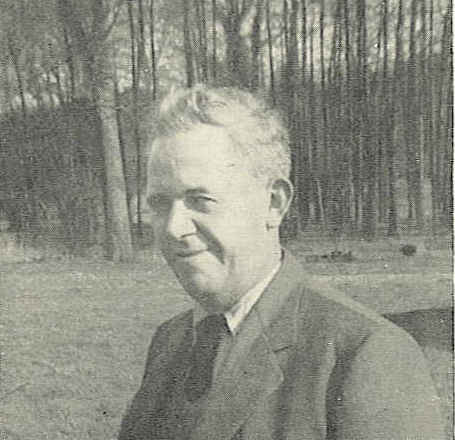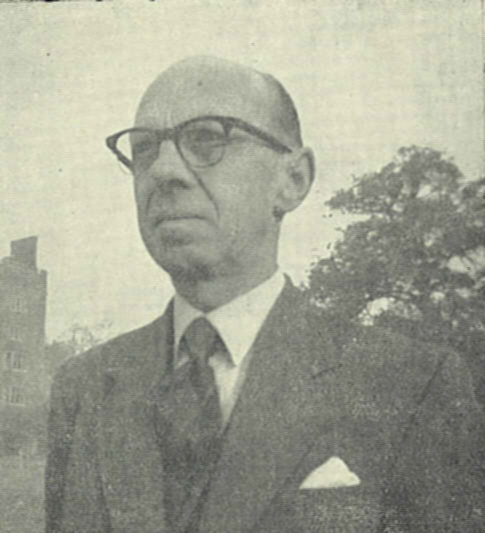|
Mr. R. T. Stackwood
We are very fortunate at Goldings to have such a 'wizard' at mechanical typesetting as
Mr. Stackwood. He is one of the relatively few men in the country who is capable of operating
and teaching the three mechanical systems of typesetting, viz. Linotype, Monotype keyboard,
and Monotype caster. To the non-printer this may not seem to be anything out of the
ordinary, and I do not propose to go into the finer details of his prowess, except to say that all
three systems call for completely different techniques in fingering and mechanical detail, and
that within the trade each one is a specialist. Mr. Stackwood left school at the age of fourteen,
having spent a lot of his out-of-school time being a baker's roundsman arid a barber's lather
boy. His first full-time job was with a local builder, but after four months he was fortunate
enough to. get an apprenticeship as a compositor with Messrs. Stephen Austin & Sons Ltd of
Hertford. After serving three years at the case he was given the opportunity of becoming a
Linotype operator and in a very short space of time became very efficient at this modern method of setting type. It was as
a linotype operator that Mr. Stackwood completed his apprenticeship. In 1938 Mr. Stackwood came to the School to take
charge of the mechanical typesetting section of the Printing Department, and when the Monotype system was installed in
1951 Mr. Stackwood went to the Monotype School for nineteen weeks' training and then returned to teach all three
methods. (Monotype keyboard is one job and Monotype caster is another.) Prior to World War II Mr. Stackwood joined
the Territorial Army (R.A.) and was immediately mobilized at the declaration of war. He, along with Mr. Stevenson, now a
member of our Printing Department, were among the first 'gunners' to land on the shores of France on 'D Day', and he
counts himself very fortunate to have come through the whole ordeal 'without a scratch'. After demobilization
Mr. Stackwood signed on for a further two years' service with the T.A., and then retired from uniformed service. During
the war years Mr. Stackwood attained the rank of Battery Sergeant Major. Also after the war Mr. Stackwood studied for
his City and Guilds of London Full Technological Certificate in Compositors' Work, and in three years he had got to the
top to become a qualified teacher. Apart from his full-time job at the School he has also taught part-time at the London
School of Printing and at the Hertford College of Further Education. Socially Mr. Stackwood has always played his full
part at the School. He has assisted Mr. Whitbread with Saturday football for many years, treasurer of the Social Club,
plays for the tennis and badminton teams, and actively supports all other functions. His efforts on the stage have not
gone unnoticed either, whether as a magician's assistant, the 'villain', or female impersonator with the 'Pony Tails'.
Mr. Stackwood, his wife, son and daughter, are greatly admired and respected by all at Goldings, and rightly so too,
because as a family they have contributed unstintingly to the well-being of the School. In conclusion, as one who has
enjoyed the pleasure of Mr. Stackwood's friendship since our earliest schooldays, may I say that he sets a fine example to
all boys and staff. He seldom gets excited or bad tempered, has a wonderful sense of humour, and is always willing to give
and accept advice. As deputy head of the Printing Department, Mr. Stackwood has not given up his zest for learning, for
only this summer he gave up one week's holiday to attend a Monotype teachers' course, and has now started on a two-year
course on 'Science for Printers' at Watford Technical College.
N. T. P.
Goldonian Winter 1961
|
